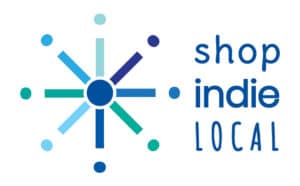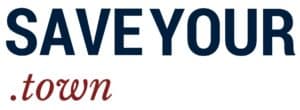Checklists for starting your first business has generated some follow up questions and discussion, so let’s go over those.
 Can I deduct computer equipment and software I purchased before I started my business?
Can I deduct computer equipment and software I purchased before I started my business?
Partially, but you won’t get much of a deduction. Here’s Maesz’ explanation:
The previously personal items of equipment that are converted to business use can be depreciated from the date of conversion. The basis for depreciation is the dreaded Fair Market Value of the item on the date of conversion. Then, the business percentage is applied to the FMV and depreciation (on computers 3 years) commences. However, there is no Section 179 available for converted property.
FMV of used software would probably render too small a value to gain much in the way of depreciation, but the process would be similar. Once, again, no Section 179 for converted property.
Can you tell she’s an Enrolled Agent? Yeah, I thought so. The short answer is, probably not worth the effort.
How do you distinguish that you are self employed if you don’t have a license or something? Can I just say I’m a blogger and is that enough?
As far as the IRS is concerned, if you decide you are in business, then you are in business. For a sole proprietorship, you report it to the IRS only at the end of the tax year. The IRS has no requirement to have filed or registered the business locally. You do have to operate your business with an intent to make a profit. So as a blogger you would also need to accept advertising or sell written works for pay, for example. (We can get Maesz to talk more about that, if you want.)
In Oklahoma, there is no state-wide requirement for licensing or registration of most consulting and independent self-employed people. That leaves it up to the cities, and most small towns here don’t require it.
If anyone is not sure about your own local rules, I would check in with a Small Business Development Center.
Alternatives to using a lawyer to review contracts.
Jeff pointed out that contract negotiators specialize only in contracts, and can provide quick service.
Someone said you should never form a sole proprietorship.
I’ve operated both sole proprietorships and an LLC. There are advantages to each. For a really small business, such as a one person part time operation, I generally recommend a sole proprietorship for the ease of starting and maintaining it. LLC’s are also easy to start, but vary significantly from state to state.
For more on other business structures, check out When NOT to be a sole proprietorship.
What other follow up articles would you like to see?
New to SmallBizSurvival.com? Take the Guided Tour. Like what you see? Get our updates. Want more stories? Read our shared stories from all over.
- About the Author
- Latest by this Author
Becky started Small Biz Survival in 2006 to share rural business and community building stories and ideas with other small town business people. She and her husband have a small cattle ranch and are lifelong entrepreneurs. Becky is an international speaker on small business and rural topics.










